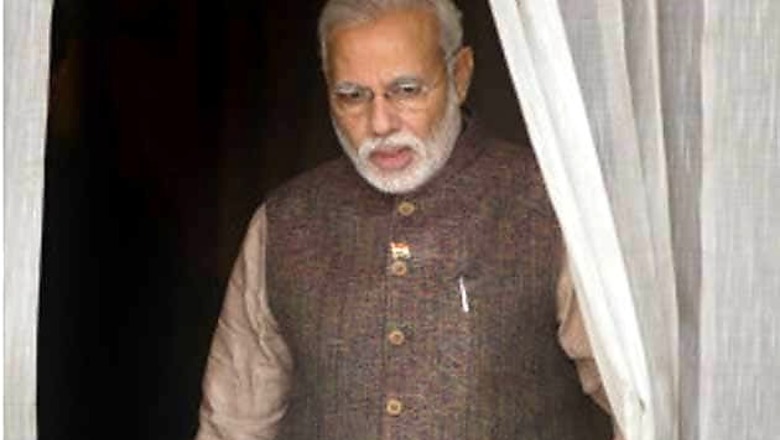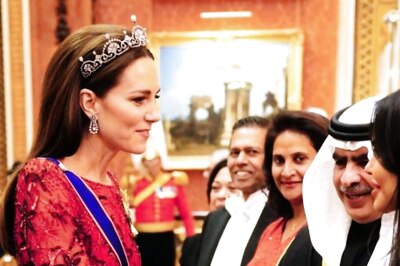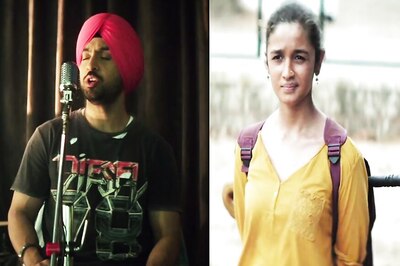
views
New Delhi: The new government will pursue a broad economic reform agenda focused on job creation through public and private investment that makes containing inflation its top priority, President Pranab Mukherjee told Parliament on Monday.
The President told lawmakers elected in Prime Minister Narendra Modi's landslide victory last month that the government would introduce a general sales tax, encourage foreign investment and speed up approvals for major business projects. It would also tackle bottlenecks that make India's food inflation the highest among major economies.
The anti-inflationary message will be welcomed by RBI governor Raghuram Rajan, who has made lowering India's growth-stifling high interest rates contingent on containing consumer prices.
Asia's third-largest economy is in its longest slump for a quarter century, growing by 4.7 per cent in 2013-14 and marking the second straight year of sub-5 per cent growth that has dampened aspirations to emulate China's rise.
The government will "urgently pursue" reforms to the state-run coal sector and the defence industry to attract private investment, the President said, while speeding up project clearances to promote labour intensive manufacturing industries.
Ten million people enter the workforce every year as the largest youth bulge the world has ever seen reaches working age. The demographic shift may help propel India into the league of developed nations, but risks economic and social disaster if it is not harnessed effectively.
"An emphasis on growth by improving the supply side ... in turn will restrain broad inflation pressure," said Shubhada Rao, Chief Economist at Yes Bank in Mumbai.
"The first two years would be to create an enabling environment for growth to take off," Rao said. "There is no trade-off between inflation and growth."
The inflation focus suggests the government may avoid slippage on a tight fiscal deficit target put in place by the last government. Some advisers to Modi and to Finance Minister Arun Jaitley have suggested loosening the purse strings to quickly stimulate the economy. Others favour cutting subsidies to finance more spending on infrastructure investments.
Jaitley hinted at fiscal discipline in a speech on Sunday, warning against "temporary populism" that could create problems in a few years time.
Jobs
From the government side, the attack on inflation will include public and private investments in agriculture, including irrigation and a clampdown on hoarding.
India faces the possibility of sub-standard monsoon rains which could drive up food prices and the President said the government had a contigency plan, without saying whether that could include releasing grain from government stocks.
The government also promised to ensure that every family had a good home with uninterrupted power supplies by 2022. It will urgently seek to revamp the creaking railway system, focusing on high speed trains, as well as road and airport building.
The speech contained promises to modernise government with technology and to take broadband connections to every village within five years, although many of the proposals have also been made by previous governments.
"We have heard all the right noises, but we have to wait to see all these intentions translating into action. In other words, the government has to walk the talk," said A Prasanna, an economist with ICICI Securities in Mumbai.


















Comments
0 comment